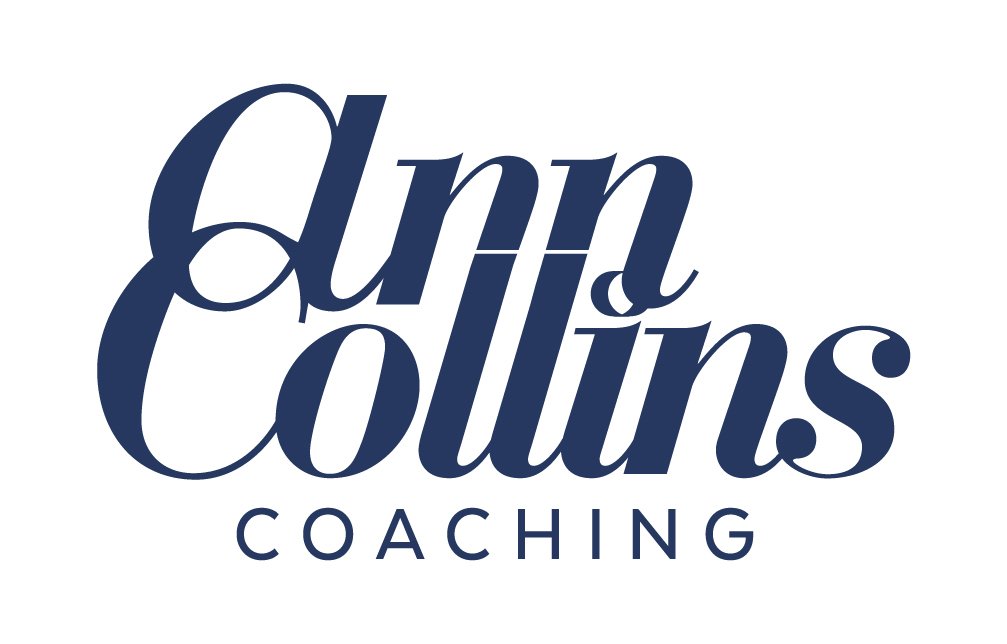The Senior Leader's Guide to Journaling
Journaling has received a lot of attention in recent years and yet, many senior leaders are not using it and are missing out on a powerful tool for personal development that is always available, effective and private.
Why Senior Leaders Should Journal
The more responsibility you have, the more essential it becomes to carve out time for self-reflection. The old adage that 'it’s lonely at the top' rings true, and journaling offers a structured, private space to think through challenges, reflect on decisions, and plan strategically for the future.
Despite its benefits, many senior leaders neglect journaling, often citing time constraints or discomfort with introspection. However, those who do integrate it into their routines often find it invaluable, not just as a leadership tool but also as a means to celebrate progress and gain clarity in high-stakes situations.
Many of my executive coaching clients are using journaling very successfully to manage complex career transitions alongside their coaching sessions, finding that it enhances their ability to reflect, set clear goals, and navigate change with confidence. Furthermore, they tell me that it's a way to also capture and celebrate progress - something that can easily get overlooked.
The Leadership Benefits of Journaling
In most professional and leadership development programmes, self-reflection is seen as essential. However, many professionals don't integrate it into their everyday lives outside of their training programmes. Those that do, however, such as business leaders like Indra Nooyi, former CEO of PepsiCo, have credited self-reflection as a critical part of their success.
How to Start Journaling in Just 10 Minutes
If you think journaling requires hours of deep writing, think again. Find yourself a notebook and a pen and follow this quick and effective framework:
✅ Settle & Focus: open your journal, write the date, and take a deep breath.
✅ Choose a Prompt: pick a question or topic from the list below or decide to write freely whatever comes to mind.
✅ Write Freely (3 Minutes + 2 Minutes): write! You don't need to use full sentences. This is just for you. Then, ask yourself: what else? This second round often yields the most insight.
✅ Reflect & Extract Insights (3 Minutes): review your writing and note key takeaways.
✅ Define an Action (2 Minutes): identify one clear step to take based on your reflections.
Powerful Journaling Prompts for Senior Leaders
Self-Reflection & Leadership Growth
What leadership challenge am I currently facing, and what are my possible responses?
What leadership qualities do I want to strengthen, and how can I do that?
What have I learned from a recent success or failure?
Decision-Making and Strategy
What decision am I currently struggling with, and what perspectives could help me?
What are the risks and rewards of my current strategic direction?
If I had no constraints, what bold move would I make?
Wellbeing and Work/Life Balance
What activities energise me, and how can I incorporate more of them into my routine?
What boundaries do I need to set to maintain a healthy balance?
What am I grateful for in my personal and professional life?
Final Thoughts: Make It a Habit
Journaling doesn’t have to be a daily commitment, but consistency is key. Start with three short sessions per week, perhaps in the morning with your coffee or as a wind-down ritual in the evening. Over time, your journal will become a powerful tool for insight, growth, and leadership development. Personally, I journal once a week, usually at the end of the week to review and plan. Make it work for you!
Are you ready to start? Grab a notebook and take the first step in transforming your leadership journey today..
